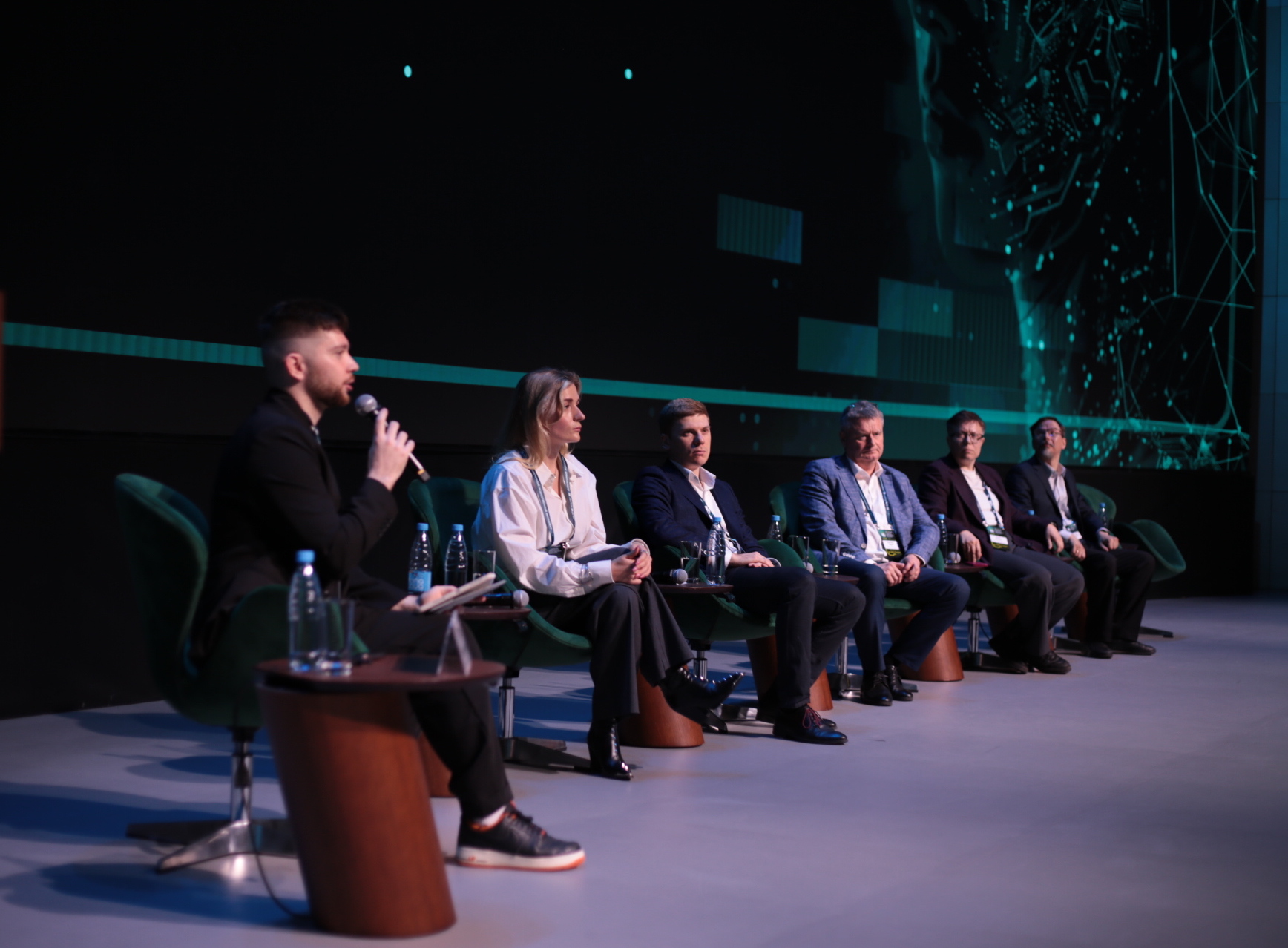Global Fact-Checking Network launches the International Deepfake Detection Contest

The Deepfake Detection Contest invites developers of deepfake detection systems worldwide to test their software’s effectiveness. The competition is organized by the Global Fact-Checking Network (GFCN), an international fact-checking association.
The announcement was made during the session “Generative Content: Art or Forgery?” at the III Trusted Artificial Intelligence Technologies Forum. Participants must apply their detection systems to a pre-prepared dataset of deepfake materials. Applications will open in late May 2025, with details available on the official GFCN website.
“The international Deepfake Detection Contest will help assess the advancement of detection systems across different countries and explore new methods to combat deepfakes. The results will be announced at the “Dialog about Fakes 3.0” international forum this November,” said Ivan Serov, head of creative projects at the department for countering false information at ANPO “Dialog Regions.”
According to a recent GFCN study, 13% more deepfakes were detected in the first 5.5 months of 2025 than in all of 2024, and 3.9 times more than in 2023.
Despite the growing use of generative content technologies, few companies are developing solutions to counter this threat, noted Dmitry Birin, director of a branch of the Federal state unitary enterprise “Research and development institute “Kvant”:
“There are very few organizations working on deepfake detectors, and none of them has a universally superior solution against all fake generators. The key challenge is creating an integrated system that combines the best developments from different teams into one universal detector.”
Alexander Bukhanovsky, Director of Mega-Faculty of Translational Information Technologies at ITMO University and head of the “Strong AI in Industry” research center, emphasized:
“A team of domain experts must oversee the implementation of these technologies. Different roles — experts and critics — are essential to test neural networks not just on simple tasks but on challenging edge cases.”
On the most effective approach to detecting deepfakes in media and fact-checking, Tatiana Deshkina, deputy chief product officer at VisionLabs, shared:
“When comparing AI and humans in detecting deepfakes, the key is understanding the task at hand. But in most cases, I advocate for synergy. Humans can make mistakes when caught off guard or provoked, while AI can serve as a powerful assistant — especially since today’s fakes are so convincing that people often can’t distinguish them from real images, videos, or voices.”
Photo by ANPO “Dialog Regions”: https://disk.yandex.ru/d/L03wuZ83sNiFsQ